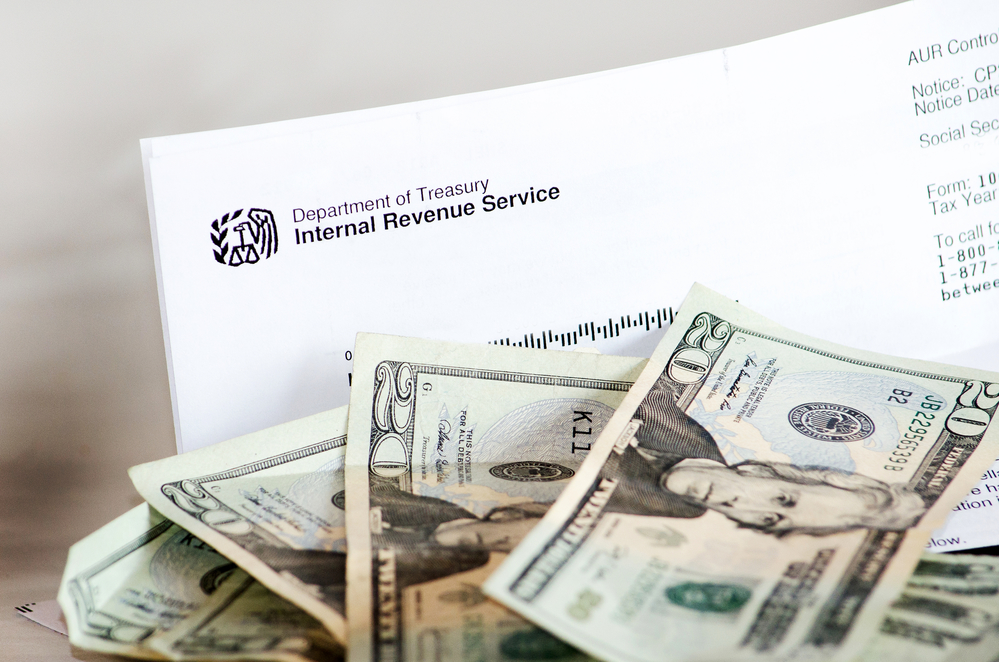Of course, the ideal situation when it comes to taxes is that when everything is said and done, the IRS owes you a pretty little refund. On the other side of the coin, and not the desirable outcome for any taxpayer, is the possibility that you could over the IRS money. Lots of money. But, if worse comes to worst, can this be collected in the form of garnished wages?
Unfortunately, yes. It can. Your paycheck can be garnished by the IRS if, in a timely manner, you don’t pay them what you owe them. They are within their rights to take money owed them out of your wages. To say the least, this is a frustrating prospect to anyone who works for their money. Should you face a situation like this, or should you simply owe the IRS a large amount of money (and aren’t sure what to do about it), your best course of action is to get in touch with a tax defense professional.
The IRS Versus Creditors
Is there a difference between owing money to the IRS and owing money to a creditor? It takes an awful lot of legal song and dance for a creditor to be able to collect the money you owe them by garnishing wages. The IRS, on the other hand, can jump right to garnishing your wages by skipping all the court procedures, lawyers, and other complicated legal comings and goings.
Of course, before your wages are garnished by the IRS, you will receive a “Demand for Payment” in the mail. This letter, delivered by the United States post office, is the only contact you will receive regarding this matter.
(We say this so that, in case you receive a phone call regarding this matter, you will know that it is a scam. These phone calls have become a popular way for scam artists to collect money from unsuspecting taxpayers.)
What If I Don’t Pay After I Receive That First Letter?
You will receive a second IRS letter through the mail if you continue not paying. This one is your “Final Notice of Intent to Levy”. And you will receive a “Notice of Your Right to a Hearing”. If you want to make sure that your wages are not garnished, you will need to respond to these letters and get yourself a good tax attorney that is well-versed in IRS issues.
A reputable tax attorney, or tax defense representative, will deal with the IRS in your stead. They have your best interests in mind and will make sure that everything is legal and above board. This is not the kind of thing you want to leave to chance or to an inexperienced, unprepared individual.
If you owe the IRS money, and someone has threatened to garnish your wages in order to pay that money, speak to a professional. The experts at Tax Defense Partners have helped thousands of people with these IRS issues and more. Find out what your rights are and if it’s possible to decrease or eliminate the amount the IRS says you owe. Contact us today.

